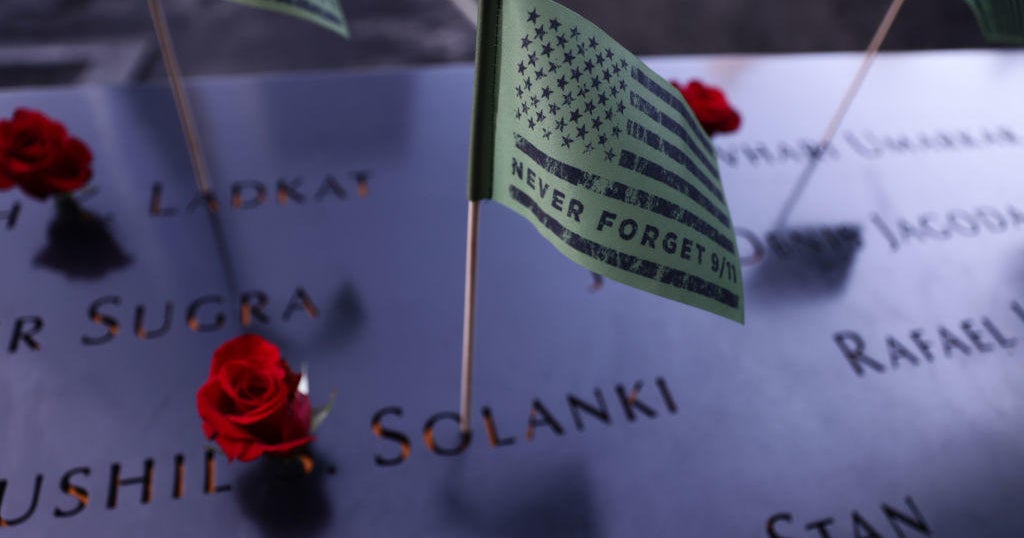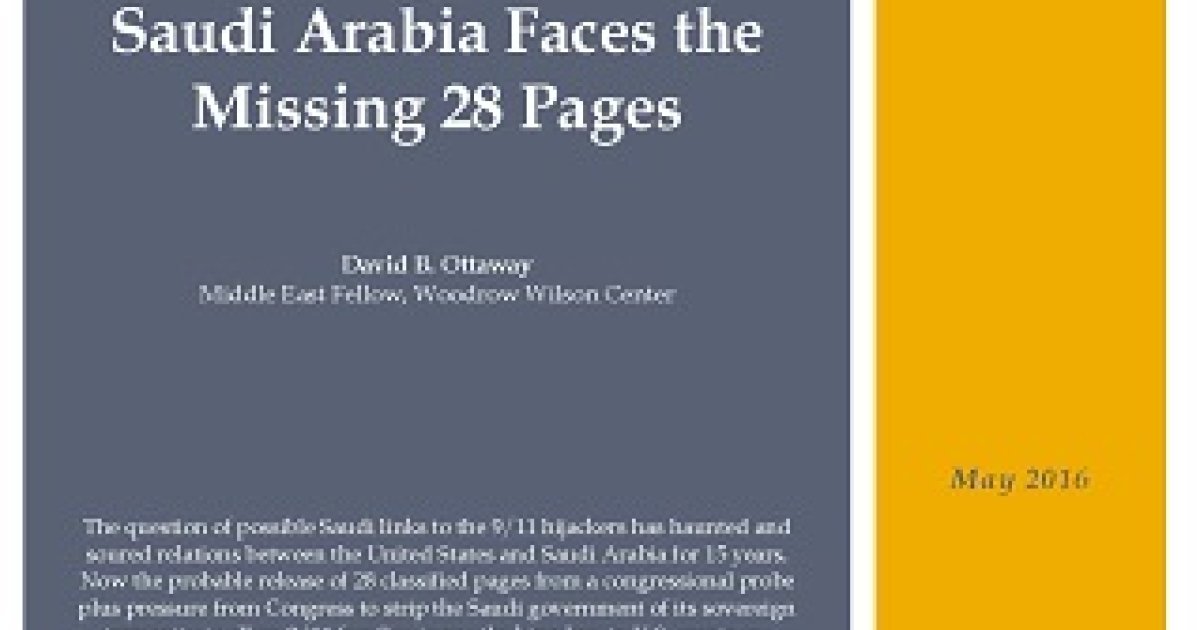(image credit: Wikimedia)
There is new evidence that shows that some Saudi government officials were more involved in the 9/11 attacks than previously known. According to a new filing in a lawsuit brought by the families of the 9/11 victims, al-Qaida operatives received significant support from members of the Saudi government in their preparations for the attacks.
As Daniel Benjamin, president of the American Academy in Berlin, and Quincy Institute senior fellow Steven Simon explain in a new article for The Atlantic, the plaintiffs allege that Saudi officials “were not rogue operators but rather the front end of a conspiracy that included the Saudi embassy in Washington and senior government officials in Riyadh.” If the allegations are true, that has important implications for our understanding of the attacks and how international terrorist groups operate, and it also gives Americans another reason to question the wisdom of a security pact with Saudi Arabia today.
There had already been some proof of collusion between Saudi officials and 9/11 hijackers revealed in the past, but as Benjamin and Simon point out, the new evidence suggests that the actions taken by two Saudi officials working in the U.S. to support the hijackers were “deliberate, sustained, and carefully coordinated with other Saudi officials.” If true, the failure of our government to hold the Saudis accountable for the role of their officials in the attacks is inexcusable. It makes the continued indulgence of Saudi Arabia by successive administrations over the last two decades even more repugnant.
The Saudi government predictably denies the allegations, but that is what Riyadh always does when there are credible accusations of wrongdoing against it. In the weeks following the murder of journalist Jamal Khashoggi in 2018, the Saudi government claimed that it had done nothing to him and even used a poorly disguised double to promote a false story that he had voluntarily left the consulate in Istanbul. The Saudi government routinely denied responsibility for airstrikes on civilian targets in Yemen when their forces were the only ones that could have launched them. Saudi denials don’t count for much, and I wouldn’t bet on their veracity in this case, either.
Benjamin and Simon make a strong case that evidence of deeper Saudi involvement in the 9/11 attacks discredits Washington’s militarized “war on terror” response. Imagining that al-Qaida had pulled off such spectacular attacks without state support and a support network inside the U.S. encouraged policymakers to indulge in threat hyperinflation that turned terrorism from a real but manageable problem into the defining menace of the age. Had the U.S. better understood how the attacks happened, Benjamin and Simon suggest that “we might well have had the confidence to leave Afghanistan quickly, instead of lingering for 20 years.” The U.S. would have also had no reason to embroil itself in conflicts in Africa in the name of counterterrorism.
While it is true that the “Saudi Arabia of 2001 no longer exists,” as Benjamin and Simon say, evidence of significant official Saudi complicity in the worst terrorist attacks in American history must be taken into account when considering what the future of the U.S.-Saudi relationship should be. If elements of some other government were implicated in a major attack on the United States, it is doubtful that our political leaders would now be entertaining the idea of giving them a security guarantee and nuclear technology, as is being suggested as part of a new U.S. arrangement with Saudi Arabia. There are already many reasons why the Biden administration’s proposed security pact and nuclear deal with Riyadh are undesirable for the United States, but evidence of deeper Saudi involvement in 9/11 ought to make the idea so politically radioactive that no one will want to have anything to do with it.





